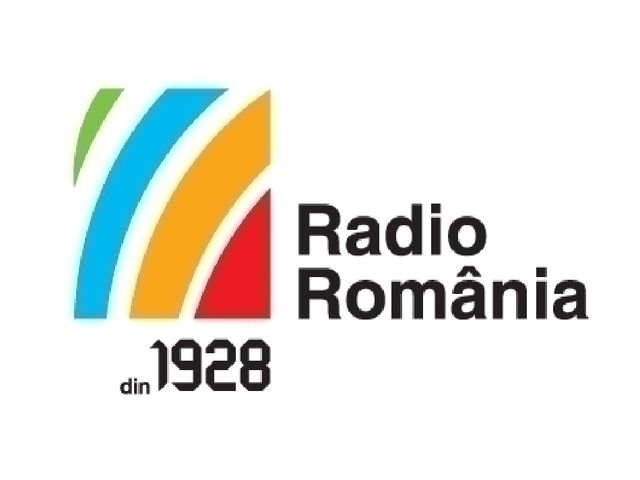30 years of oral history
Radio Romania's Oral History Centre celebrates its 30th anniversary.
Warning: Trying to access array offset on null in /home/web/rri.ro/public/wp-content/themes/rri/template-parts/content.php on line 53

Warning: Trying to access array offset on null in /home/web/rri.ro/public/wp-content/themes/rri/template-parts/content.php on line 98
Steliu Lambru,
31.07.2023, 14:00
The history of
the last 100 years can also be discovered through oral history, which is based
on the memories and recollections of eye-witnesses interviewed and recorded on
tape or on a digital format. Between 1945 and 1989, the practice of oral
history was deeply corrupted by the ideological pressure exerted by the
communist regime, as was the case with the science of history in general. After
1989, under its first manager Eugen Preda, Radio Romania made it its goal to
capture recent memory. So the foundations of the oral history archive were laid
in March 1993.
The historian
and journalist Mariana Conovici was entrusted with creating the team of
historians who established the archive. They conducted interviews about wars,
communism and fascism, daily life and the science of history. In an oral
history interview, she recalled the beginnings of the oral history archive of
the public radio:
Eugen Preda,
the director of the station at the time, who was a historian and had a PhD in
history, was abreast with everything that was going on in the world in the
field of historiography. He had taken part in the International Congress of
Historians in 1980 hosted by Bucharest, where they had discussed the subject of
oral history. So he had a clear idea about what it meant and its value. A
meeting was held in Sinaia in 1992 with international participation, and he
attended that as well, and it became a challenge to create the voice archive.
The book by the
British historian and sociologist Paul Thomson called The Voice of the Past
provided the guidelines based on which the bibliography was established.
Mariana Conovici said that after 1989, once this method of discovering the past
became allowed, she began to understand the world, her profession and herself
much better:
For me, freedom
meant having access to a history different from the conservative discourse I
had learnt and read about. I was now discovering that history had more nuance,
that what I had learnt and sometimes got good grades in school for was not
true. It was an immersion in real history, getting close to the people and
their stories. For me it was wonderful also because, by having access to the
lives of the people I was interviewing, I was understanding my world better, I
was understanding myself better, in the sense that I was realising what my
place was more clearly. More precisely, I was comparing myself to them and not
always to my advantage.
Mariana Conovici
and her team made up of Octavian Silivestru, Silvia Iliescu, Virginia Călin and
Lavinia Ivașcu managed to combine oral history with radio journalism:
An oral history
interview performs a historical investigation. Its goal is to study, to
research, but this direction we didn’t pursue. We never had the time, nor,
perhaps, the inclination. But we did something else which I think is important:
we shared with our listeners, through weekly broadcasts, what we received from
our interviewees. Oral history always has a civic dimension. We fulfilled this
role through our radio shows. I always insisted on these shows. It was very
important. I sometimes wondered if Romanian society was actually ready for
those things. I don’t know whether it was or not, but in any case, if ten
people were able to relate and sympathise with the people speaking from the
heart about their lives, it would have been enough.
Lived history was what Romanian and foreign
listeners wanted from journalists in their letters. And it was something the
journalists made an effort to deliver:
Oral history
interviews don’t necessarily bring rich historical information, they provide
details, the atmosphere, emotion. It’s unbelievable how strong the message sent
by the interviewee can be. I remember a 20-minute interview with a woman who
had been taken, at the end of the war, when she wasn’t yet 14. A large group of
young people were taken by the Germans and taken to Austria to work. She was
still a child when that happened. She told me how she arrived in Vienna, how
scared she was, how there was a bombardment and she was in a field, and hid
from the bombs under a tree. The fear and the drama of this 14-year-old child
expressed some of the horrors of the war.
Radio Romania’s
oral history archive turned 30. And the archive of the Oral History Centre is
becoming more and more valuable with time.






























